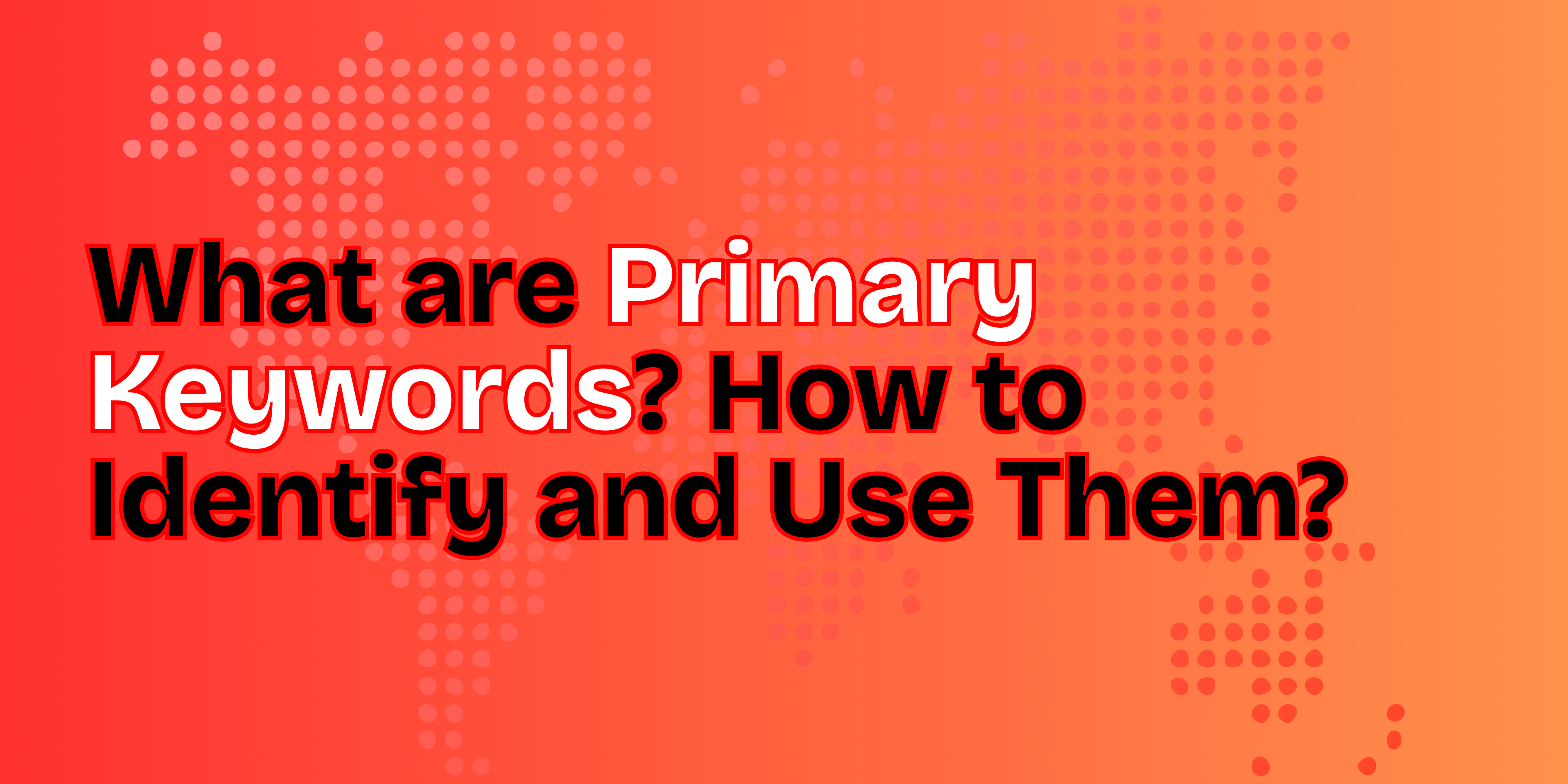When building a strong content strategy, one of the most valuable elements you can focus on is Informational Keywords. These keywords are essential for blogs, guides, tutorials, and educational resources because they target users who are looking to learn something rather than buy immediately. By mastering the use of informational keywords, you can position your content as an authority, attract consistent traffic, and nurture readers into long-term followers or even potential customers.
Table of Contents
What Are Informational Keywords?
Informational keywords are search terms used by people who want answers, explanations, or knowledge about a specific topic. Instead of having a commercial or transactional intent (like “buy shoes online”), these keywords reflect curiosity and research intent (like “what are the best running shoes for beginners”). They are vital for blog writers, educators, and businesses that want to build trust by offering helpful, value-driven content.
Why Are They Important in Blogs and Educational Content?
Blogs thrive on trust and credibility. By targeting informational keywords, you create content that aligns with your audience’s learning stage. This not only helps in generating organic traffic but also establishes your site as a go-to resource in your niche. For educational websites, guides, and knowledge bases, informational keywords are the backbone—they ensure that your content addresses the very questions learners are actively searching for.
Informational Keywords Example
To better understand, let’s look at an informational keywords example. If you run a fitness blog, instead of targeting “buy dumbbells,” you might create a blog around “how to choose the right dumbbells for home workouts” or “benefits of dumbbell training for beginners.” These phrases don’t directly sell but provide valuable guidance. Readers who trust your advice may later explore your product recommendations or services.
Similarly, in the digital marketing space, instead of focusing on “hire SEO agency,” you might use an informational keyword like “what is SEO and how does it work?” This gives you the opportunity to educate first and build trust, eventually leading readers toward your services.
How to Find and Use Informational Keywords
- Leverage tools like Google’s People Also Ask, AnswerThePublic, or Keyword Planner to discover what people are asking in your niche.
- Look for “how,” “what,” “why,” and “guide” queries as they usually indicate informational intent.
- Create blog posts, tutorials, and FAQs around these keywords.
- Combine them with visuals, infographics, or case studies to make your content more engaging and shareable.
Final Thoughts
Mastering informational keywords is about more than just ranking on search engines—it’s about providing genuine value. When your content educates, informs, and answers real questions, you build authority and trust. Over time, this approach not only drives steady organic traffic but also nurtures readers into loyal followers who recognize your brand as a reliable source of knowledge.




